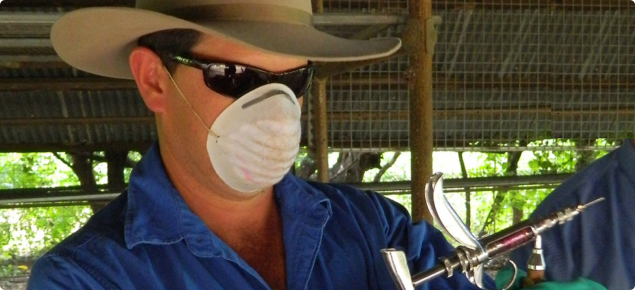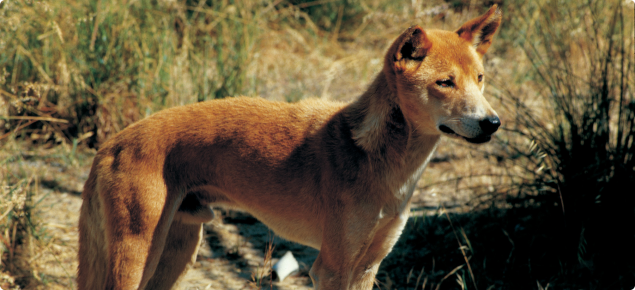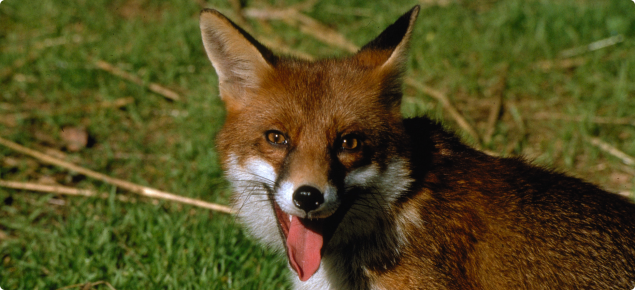Why is a permit needed?
The use of registered pesticides (RPs) 1080, PAPP and strychnine is restricted by law and confined to certain areas of Western Australia.
Before using 1080, PAPP or strychnine you need to complete appropriate training, ensure you comply with relevant Acts, Regulations and Legislation, and must apply for and obtain the appropriate permit(s) to purchase and use these chemicals.
Minimum requirements for permit application forms
You must meet all of the following criteria:
- All users have completed and passed the online registered pesticide training.
- Your property must be greater than 10 hectares or 25 acres.
- Baiting must be a minimum of 150 m from any dwelling.
- Your property must be located outside an urban area.
- Your property must be outside a town water catchment area.
- The RPs (1080, PAPP or strychnine) must be able to be safely stored and locked in a cabinet.
Landholder training
Any person wishing to use a RP must complete the appropriate training. An online course is available through the Department of Primary Industries and Regional Development's external progi site. Any person needing to complete the course may self-enrol and an external user tipsheet is available in the documents to the right of this page if extra assistance is required.
Please note:
Landholder 1080 and strychnine courses
Users will need an enrolment key to enter the landholder 1080 and landholder strychnine course on Progi.
- Landholder 1080 course enrolment key: lh1080
- Landholder strychnine course enrolment key: lhstrychnine
RHDV1-K5
A permit is not required for RHDV1-K5, but training must be completed.
Users will need an enrolment key to enter the RHDV1-K5 course on Progi.
- RHDV1-K5 course enrolment key: rhdv
Contacts
If you have any questions regarding course content or applying to use a Registered pesticide (1080/Strychnine) contact the Registered pesticide permits team: RP.applications@dpird.wa.gov.au
As an external learner, if you have any issues or concerns navigating the site/training, please contact our Governance and Standards online learning co-ordinator on compliance.idcards@dpird.wa.gov.au or 08 9203 0349.
RP permit application forms
To obtain a permit you must demonstrate to your Biosecurity Officer that you understand and can carry out your responsibilities safely, and that your proposed use does not place non-target species at risk.
Forms for 1080, PAPP and strychnine can be found in the Documents link on this page and below.
Where to send your completed permit application form/s
Permit application forms are now processed centrally by an Authorised Officer. Permit applications can be sent directly to:
- Email: RP.applications@dpird.wa.gov.au
- Fax: 08 9474 2405
- Mail: RP Applications, Department of Primary Industries and Regional Development, Locked Bag 4, Bentley Delivery Centre WA 6983.
Note: permit applications lodged at regional offices will be forwarded via email to the central Authorised Officer for processing.
Further details on bait and poison products can be found in the Bait and poison directory for vertebrate pests in Western Australia.
New charges for 2024-25
For fees and charges, refer to the Agriculture and Food Services, Products and Fees booklet for 2024-25 in the documents section of this page
Processing the permit application will take approximately 10 working days from the date payment is received. Permit applications should be lodged well in advance of the date they are likely to be needed (e.g. for lambing).
Permit application forms must be submitted PRIOR to payment. Once submitted an invoice will be issued, and applications will be processed once payment has been received.
Note: payments made by cheque may take up to 2 weeks to clear which will delay the processing of the application.





